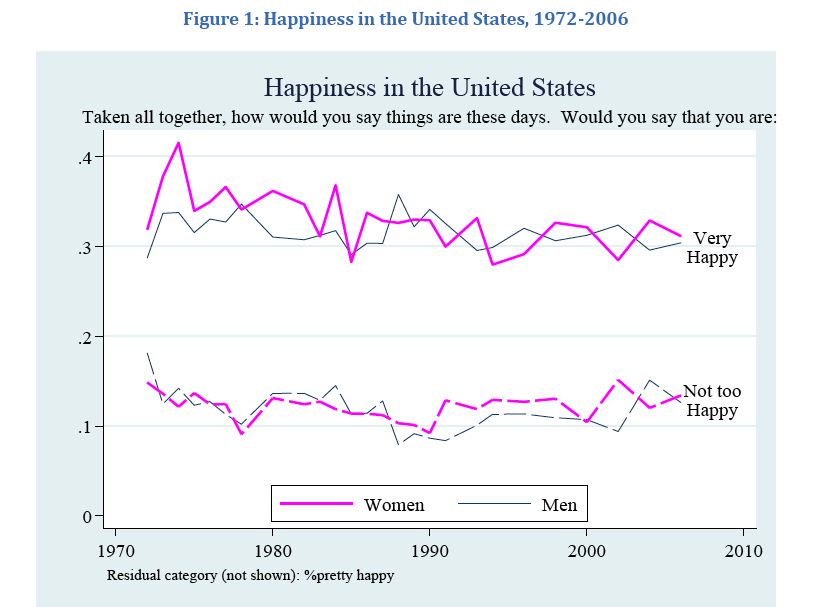Generic plural nurses
« previous post | next post »
Following up on Kai von Fintel's post "Nurses say yes and no" — the (mis-)interpretation of generic plurals has been a frequent topic here. "Generic comparisons", 11/7/2011, surveys some of this material, starting from a presentation by Sarah-Jane Leslie of her work in "Do all ducks lay eggs? The generic overgeneralization effect", Journal of Memory and Language 2011. And going back a bit further, in "Mandatory treatment for generic plurals?", 9/13/2009, I proposed "a voluntary ban on the use of generic plurals to express statistical differences, especially in talking to the general public about scientific results in areas with public policy implications".
Those posts link to a small sample of my complaints over the years about the use of generic plurals to misrepresent small differences in group distributions as essential properties of group members. Here's one of my favorites:
In a 2007 NYT article, David Leonhart asserted that "In the early 1970s, women reported being slightly happier than men. Today, the two have switched places." Here's the underlying data:
To see how Leonhart (and his social-science source) arrived at this characterization, see "The 'happiness gap' and the rhetoric of statistics", 9/26/2007.
You might also enjoy "Physiological politics", 2/15/2010, and "Icktheology", 2/18/2010.

Bruce Rusk said,
September 22, 2018 @ 1:12 pm
The premise of the article "Do all ducks lay eggs?" seems off to me, because it confuses references to classes and references to individual entities. This is especially the case for references to natural organisms, which can be to either the clade or the individual. One could take the sentence "All ducks lay eggs" as a reference to all subclasses of duck, not to all individuals of the class duck. In other words, all types/species of duck lay eggs, not every individual duck (i.e., juveniles and males are excluded). Otherwise, the following statement could not be valid (leaving aside whether it's scientifically true or not): "All ducks exhibit gender variation in their plumage, but some geese do not." It is obviously impossible for a single duck to have its plumage vary according to its sex, so "all ducks" here must means "all types of duck." We could also say, "All fungi have distribution ranges that span multiple biomes." Of course no single fungus can have a distribution range beyond itself; that property exists only at the level of the species. Reading this back into "All ducks lay eggs," the sentence becomes perfectly true: it's not "generic overgeneralization" at all: there is no kind of duck that is not characterized by the laying of eggs, even if only some members of the group perform the actual laying.
Philip Taylor said,
September 22, 2018 @ 6:22 pm
I find it interesting that the discussion as to whether "all ducks lay eggs", whilst correctly pointing out that approximately 50% are physiologically incapable since they are male, does not also point out that (w.r.t. maleness), "not all ducks are ducks" as the same approximately 50% are, in fact, drakes. Just as it is no longer fashionable to assume that "the male embraces the female" when it comes to statements such as "all men are equal in the sight of God", perhaps the time will come when we will have gender-neutral words for those species (such as ducks and geese) where at present "the female embraces the male".
tangent said,
September 22, 2018 @ 9:56 pm
Thank you for that terrible happiness example. Yikes.
It should be considered scientific malpractice to state an effect as real without characterizing the effect size.
Jerry Friedman said,
September 22, 2018 @ 10:09 pm
Philip Taylor: My feeling is that in America "drake" is a fairly specialized word, used by hunters (in our sense of "hunter") and birders, and maybe farmers for all know. A significant number of birders, and I think some hunters, use "hen" for the females, leaving "duck" gender-neutral. A Google search finds this for Canada Geese as well.
On male embracing, I believe using "dog" to mean males specifically is also pretty specialized, especially because of avoidance of "bitch".
The pressure to change these patterns to something more equitable is surely far less than for words applying to people.
tangent said,
September 22, 2018 @ 10:11 pm
(… as I see you argued at a thousand times greater length and eloquence in 2007. To pick one broad sweep:
http://itre.cis.upenn.edu/~myl/languagelog/archives/004987.html
)
Ralph Hickok said,
September 23, 2018 @ 8:24 am
I can't help thinking of an argument commonly used by climate-change deniers, which goes something like this: "In the 1970s, scientists thought we were heading for a new Ice Age."
The fact is that a very small group of scientists thought that and the claim was hyped by major publications such as Time and Newsweek. But, based on the number of papers written on climate change, many more scientists thought that the earth was warming throughout the 1970s.
Michael said,
September 25, 2018 @ 12:32 pm
I found the most astonishing sentence in the "happiness" article to be:
"Over the same span, women have replaced housework with paid work — and, as a result, are spending almost as much time doing things they don't enjoy as in the past."
Apparently, at least the author (and maybe the researchers) considered "housework" to be more enjoyable than "paid work." Maybe I'm lucky enough to have a job I love – but even at times in my life when I didn't, I don't recall ever saying "Gee, I wish I was home washing dishes right now."
Michael LaRocca said,
September 30, 2018 @ 3:42 pm
IF you are American, you can't just be happy. You must be awesome. No, wait, I failed to use American punctuation. You must be awesome!
(P.S. Before you ask, yes, I am American. And I feel awesome!)